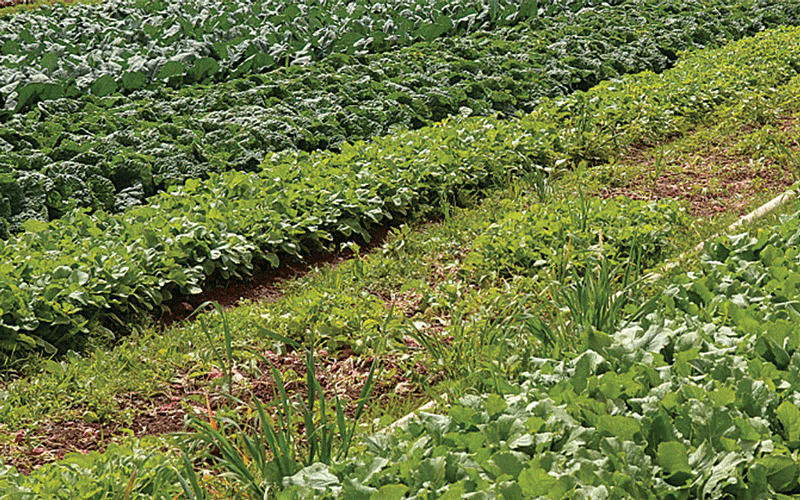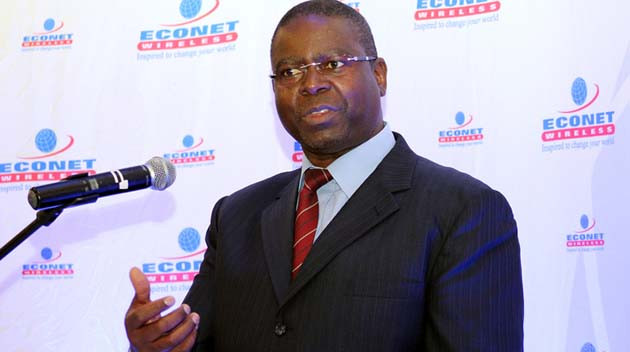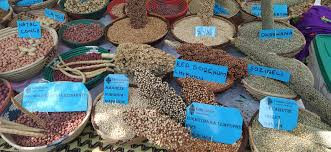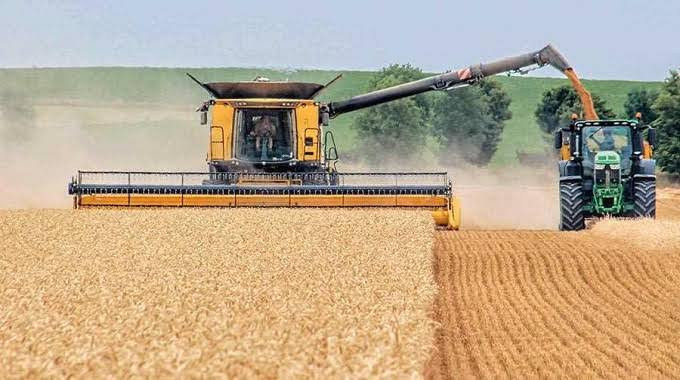
SABI Star Mine has opened a ready market opportunity for horticulture farmers in Buhera, handing lucrative contracts to locals for the supply of vegetables to the lithium miner.
The Buhera North-based lithium project has been sourcing vegetables from self-financed farmers. However, the mining entity has set up four community gardens in a bid to give local villagers sustainable life projects linked to a ready market.
“We have set up community gardens in Bonde, Tumbare, Bhondai and Tame villages. The mine installed solar-powered boreholes as a source of water to support the horticultural projects,” Sabi Star Mine manager Oswald Makonese said.
“With a ready market for the produce, we anticipate that the project will thrive and transform the lives of the local people.”
Apart from selling the produce to the mine, Makonese said the farmers could also sell at Murambinda township and other markets.
“For the community gardens that we have set up, there is no restriction on selling produce. We encourage farmers to sell their produce wherever they can realise a profit.”
To ensure the procurement of local horticultural produce, Sabi Star Mine has purposely unbundled large vegetable contracts to accommodate smaller suppliers, to include ventures operated by women and youths.
This comes as the government has directed that mining companies must create business opportunities for locals to ensure that businesses operated by women, youth and persons with disabilities find space in the mining value chain and available linkages.
- Smuggling of gems bleeding Zim’s economy
- Building Narratives: WaMagaisa: The ink that connected the dots
- Smuggling of gems bleeding Zim’s economy
- Building Narratives: WaMagaisa: The ink that connected the dots
Keep Reading
In an interview, James Ngwaru, a farmer in Buhera North ward 11, lauded Sabi Star Mine for providing a ready market for horticultural produce.
“Some of our produce would rot. This is because we would struggle to find a market for our produce. In most cases we would have to walk long distances to Murambinda with my wife and family. It is way easier nowadays, we supply to the mine,” he said.
“I am failing to meet the demand, but I am planning to increase my capacity. For now, I am supplying tomatoes, onions, potatoes and spinach."
Tendai Mhlanga, another horticultural farmer in Buhera ward 12, also said that the ability to supply Sabi Star Mine with vegetables had transformed most locals’ lives.
“I am also supplying the mine with vegetables. I am targeting to produce some of the Chinese vegetables as well as eggs to diversify my product range.
“I am grateful for the chance to supply the mine with the greens because this has transformed our finances,” he said.
Sabi Star Mine commissioned its US$45 million lithium flotation plant last year in August. The plant has a capacity to produce 1 million tonnes a year and 3 000 tonnes per day, ultimately generating a 5,5% spodumene concentrate.
The Sabi Star lithium-tantalum project holds an impressive total of 40 mining rights licences for rare metal blocks, encompassing a vast area spanning 2 637 hectares.
Notably, five of these mining rights blocks have already demonstrated promising potential, boasting an average Li2O grade of 1,98%.
As part of its ambitious expansion plan, the project is gearing up to explore the remaining 35 mining rights simultaneously, underlining its commitment to harnessing the region’s mineral wealth.
Last year, Sabi Star Mine won an Excellence in Community Empowerment and Social Leadership Award at the 2023 Zimbabwe National ESG and CSR Awards.
The company was also awarded a Community Champion accolade for developing the community through infrastructural development, school support and raising the standard of living of locals.
Sabi Star Mine last year established four community gardens in four villages in the district.
The miner also drilled 18 boreholes in the community equipped with solar pumps; 10 boreholes were drilled at schools and eight were drilled at strategic places in the surrounding villages in consultation with the local leadership.











